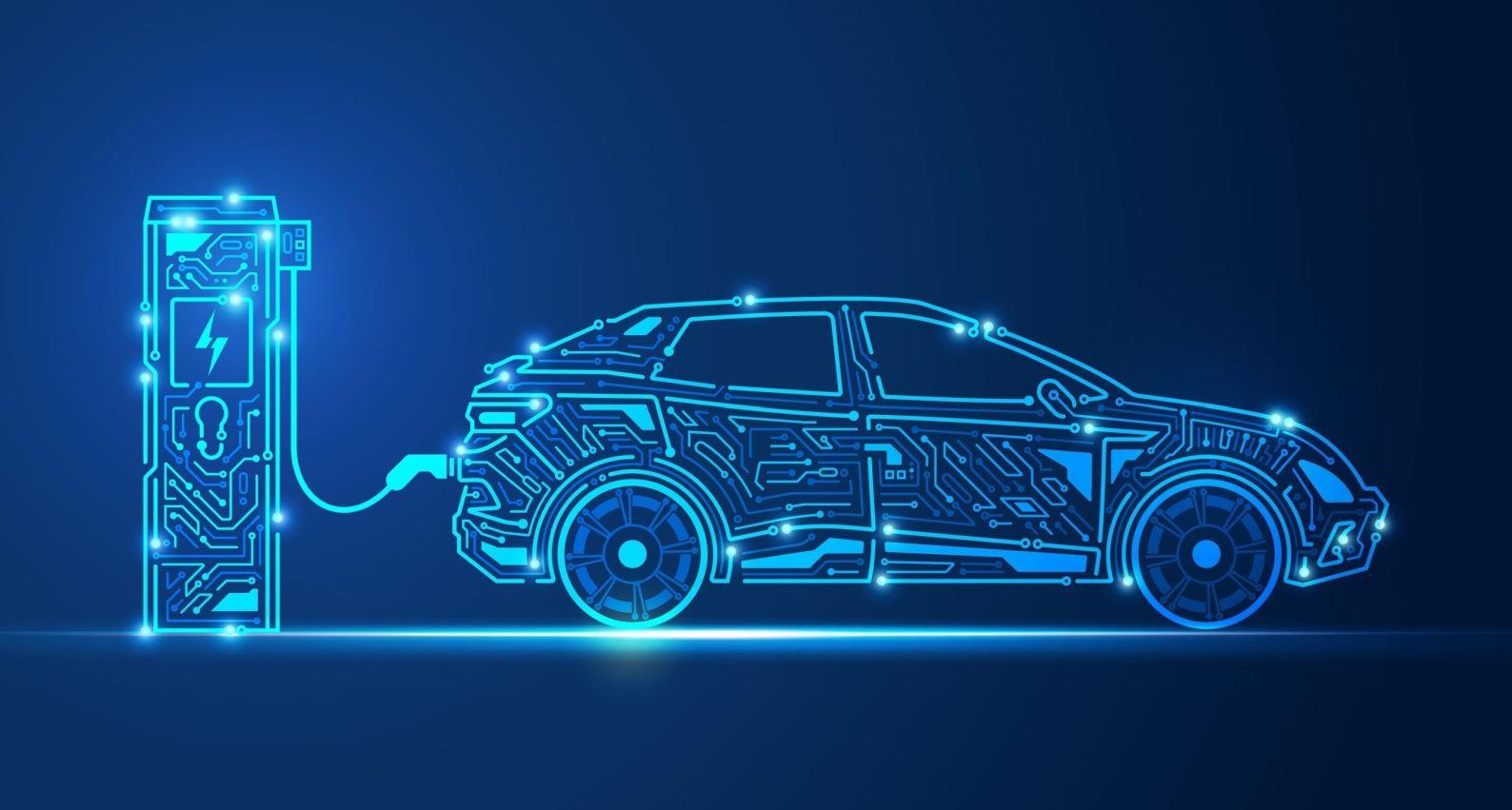

Tesla is finally charging into the Indian market. The electric vehicle (EV) powerhouse, led by Elon Musk, has confirmed plans to set up a manufacturing and R&D base in India, a move that could reshape the country’s automotive landscape and accelerate its green mobility goals.
⚡ A Historic Announcement
In a major breakthrough following months of negotiations with the Indian government, Tesla has announced that it will establish a gigafactory in Gujarat, along with a sales and service infrastructure across major Indian metros.
The announcement came shortly after Elon Musk met with Indian Prime Minister Narendra Modi during a global investment summit in New Delhi. The factory is expected to produce Tesla’s affordable model range, tailored specifically for Indian roads and pricing sensitivities.
“India has incredible potential for sustainable energy and electric vehicles. We’re excited to be a part of that future,” Musk tweeted following the deal.
🇮🇳 Why India — And Why Now?
India is the world’s third-largest automobile market, and while EV adoption has been slower than in China or the U.S., the pace is picking up rapidly. Government incentives under schemes like FAME-II and state-level EV policies are making the market increasingly attractive.
Until now, Tesla has hesitated due to high import duties (up to 100%) and unclear policy frameworks. But recent changes — including potential tax breaks for local manufacturing — have created a more welcoming environment.
“Tesla’s entry will be a game-changer for India’s EV ecosystem,” says Priya Mehra, an auto analyst at CleanDrive India. “It brings in global standards, accelerates local innovation, and sends a strong message to other foreign investors.”
🏭 What Tesla Plans to Build
While Tesla hasn’t released full specifications, industry insiders suggest the company will initially produce a “Made-for-India” electric vehicle priced under ₹20 lakh (around $24,000 USD), making it more accessible to Indian consumers.
The Gujarat plant is expected to:
Create over 5,000 direct jobs
Roll out EVs by late 2026
Include a battery assembly and recycling unit
Serve as an export hub for Southeast Asia
⚔️ Competition & Challenges Ahead
Tesla won’t be entering an empty field. Indian automakers like Tata Motors, Mahindra, and MG Motors have already established themselves in the EV segment, with models that are competitively priced and well-suited to local conditions.
In addition, India’s EV infrastructure — especially charging stations — remains underdeveloped. Tesla is reportedly planning to introduce its Supercharger network in phases, but widespread adoption will require public-private cooperation.
🌍 What It Means for India
Tesla’s arrival isn’t just about cars — it’s about signaling India’s place on the global innovation map. From clean tech to manufacturing, the ripple effects could be huge:
Boost in EV-related startups and suppliers
Increased foreign direct investment (FDI)
Jobs across tech, engineering, and logistics
Greater public awareness of sustainable transport
For consumers, it could mean more choices, better quality, and a faster shift away from fossil fuels.
🔮 Looking Ahead
With plans in motion and excitement building, Tesla’s India chapter is finally turning a page. The road ahead won’t be without its bumps — but if history is any indicator, Tesla thrives on disruption.
And India? It’s more than ready for the ride.








